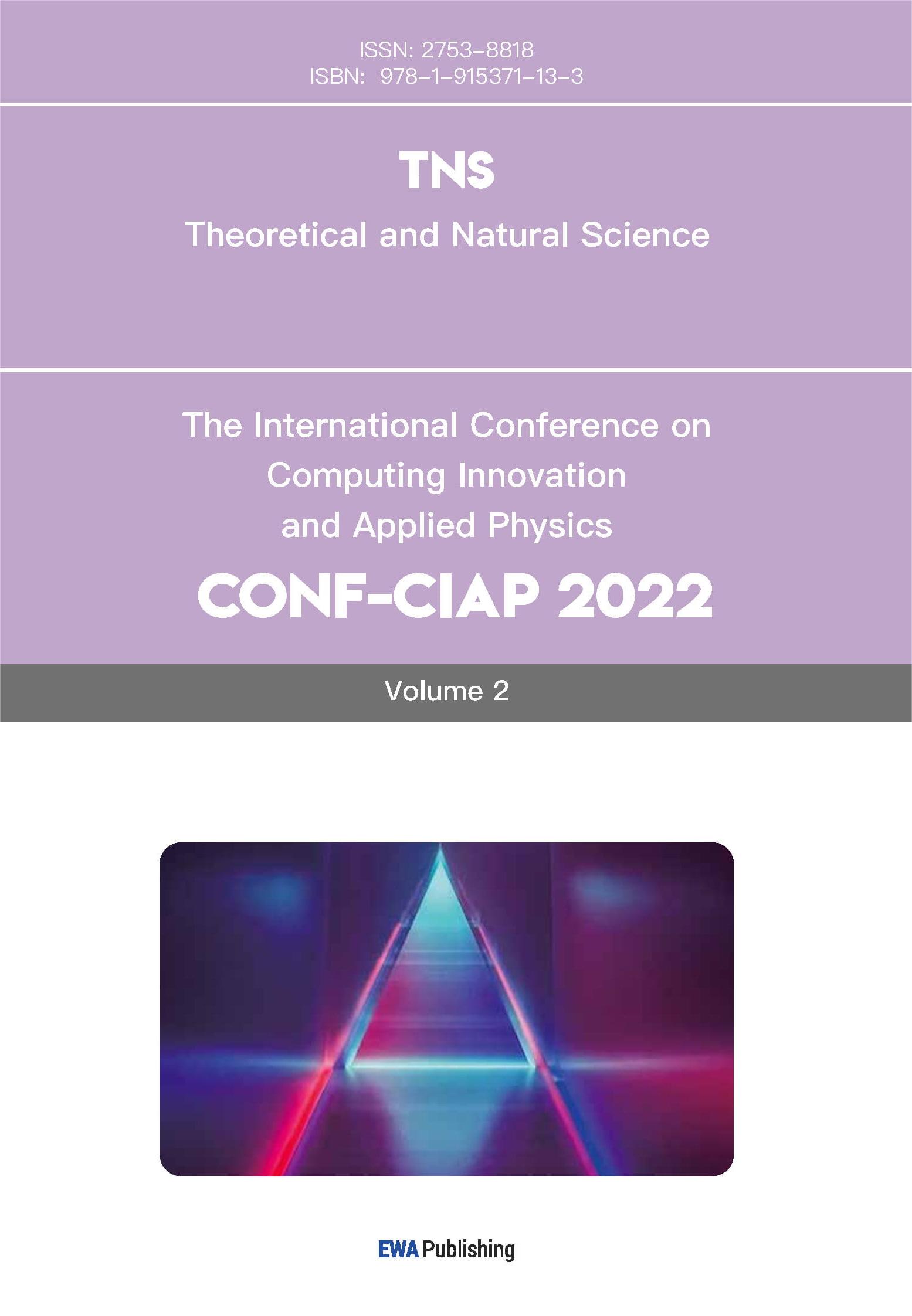References
[1]. Lei, S., Zheng, R., Zhang, S., Wang, S., Chen, R., Sun, K., Zeng, H., Zhou, J. and Wei, W. (2021) Global patterns of breast cancer incidence and mortality: A population-based cancer registry data analysis from 2000 to 2020. Cancer Communications, 41, 1183–1194.
[2]. Livasy, C.A. (2009) Triple-negative breast cancer. Surgical Pathology Clinics, 2, 247-261.
[3]. Schmid, P., Adams, S., Rugo, H.S., Schneeweiss, A., Barrios, C.H., Iwata, H., Diéras, V., Hegg, R., Im, S.A., Shaw Wright, G., Henschel, V., Molinero, L., Chui, S.Y., Funke, R., Husain, A., Winer, E.P., Loi, S. and Emens, L.A. (2018) IMpassion130 Trial Investigators. Atezolizumab and Nab-Paclitaxel in Advanced Triple-Negative Breast Cancer. The New England Journal of Medicine, 379, 2108-2121.
[4]. Medina, M.A., Oza, G., Sharma, A., Arriaga, L.G., Hernández Hernández, J.M., Rotello, V.M. and Ramirez, J.T. (2020) Triple-Negative Breast Cancer: A Review of Conventional and Advanced Therapeutic Strategies. International Journal of Environmental Research and Public Health, 17, 2078.
[5]. Mahfoudh, W., Bettaieb, I., Ghedira, R., Snoussi, K., Bouzid, N., Klayech, Z., Gabbouj, S., Remadi, Y., Hassen, E., Bouaouina, N. and Zakhama, A. (2019) Contribution of BRCA1 5382insC mutation in triple negative breast cancer in Tunisia. Journal of Translational Medicine, 17, 123.
[6]. Morse, M.A., Gwin, W.R. ranked 3rd. and Mitchell, D.A. (2021) Cancer Vaccine Therapy: Past and Present. OncoTargets and Therapy, 16, 121-152.
[7]. Fines, C., McCarthy, H. and Buckley, N. (2025) The search for a TNBC vaccine: the guardian vaccine. Cancer Biology & Therapy, 26, 2472432.
[8]. Gilmore, E., McCabe, N., Kennedy, R.D. and Parkes, E.E. (2019) DNA Repair Deficiency in Breast Cancer: Opportunities for Immunotherapy. Journal of Oncology, 2019, 4325105.
[9]. Rosa, M.L., Reinert, T., Pauletto, M.M., Sartori, G., Graudenz, M. and Barrios, C.H. (2023) Implications of tumor-infiltrating lymphocytes in early-stage triple-negative breast cancer: clinical oncologist perspectives. Translational Breast Cancer Research, 5, 4.
[10]. Korde, L.A., Somerfield, M.R., Carey, L.A., Crews, J.R., Denduluri, N., Hwang, E.S., Khan, S.A., Loibl, S., Morris, E.A., Perez, A., Regan, M.M., Spears, P.A., Sudheendra, P.K., Symmans, W.F., Yung, R.L., Harvey, B.E. and Hershman, D.L. (2021) Neoadjuvant Chemotherapy, Endocrine Therapy, and Targeted Therapy for Breast Cancer: ASCO Guideline. Journal of Clinical Oncology, 39, 1485-1505.
[11]. Huang, L., Lang, G.T., Liu, Q., Shi, J.X., Shao, Z.M. and Cao, A.Y. (2021) A predictor of pathological complete response to neoadjuvant chemotherapy in triple-negative breast cancer patients with the DNA repair genes. Annals of Translational Medicine, 9, 301.
[12]. Cortes, J., Haiderali, A., Huang, M., Pan, W., Schmid, P., Akers, K.G., Park, J.E., Frederickson, A.M., Fasching, P.A. and O'Shaughnessy, J. (2023) Neoadjuvant immunotherapy and chemotherapy regimens for the treatment of high-risk, early-stage triple-negative breast cancer: a systematic review and network meta-analysis. BioMed Central Cancer, 23, 792.
[13]. Palma, M. (2025) Advancing Breast Cancer Treatment: The Role of Immunotherapy and Cancer Vaccines in Overcoming Therapeutic Challenges. Vaccines, 13, 344.
[14]. Poodineh, J., Sirati-Sabet, M., Rajabibazl, M. and Mohammadi-Yeganeh, S. (2020) MiR-130a-3p blocks Wnt signaling cascade in the triple-negative breast cancer by targeting the key players at multiple points. Heliyon, 6, e05434.
[15]. Kaczmarek, M., Poznańska, J., Fechner, F., Michalska, N., Paszkowska, S., Napierała, A. and Mackiewicz, A. (2023) Cancer Vaccine Therapeutics: Limitations and Effectiveness-A Literature Review. Cells, 12, 2159.



